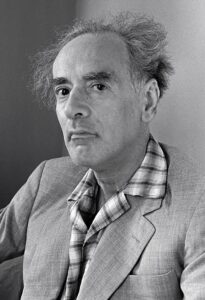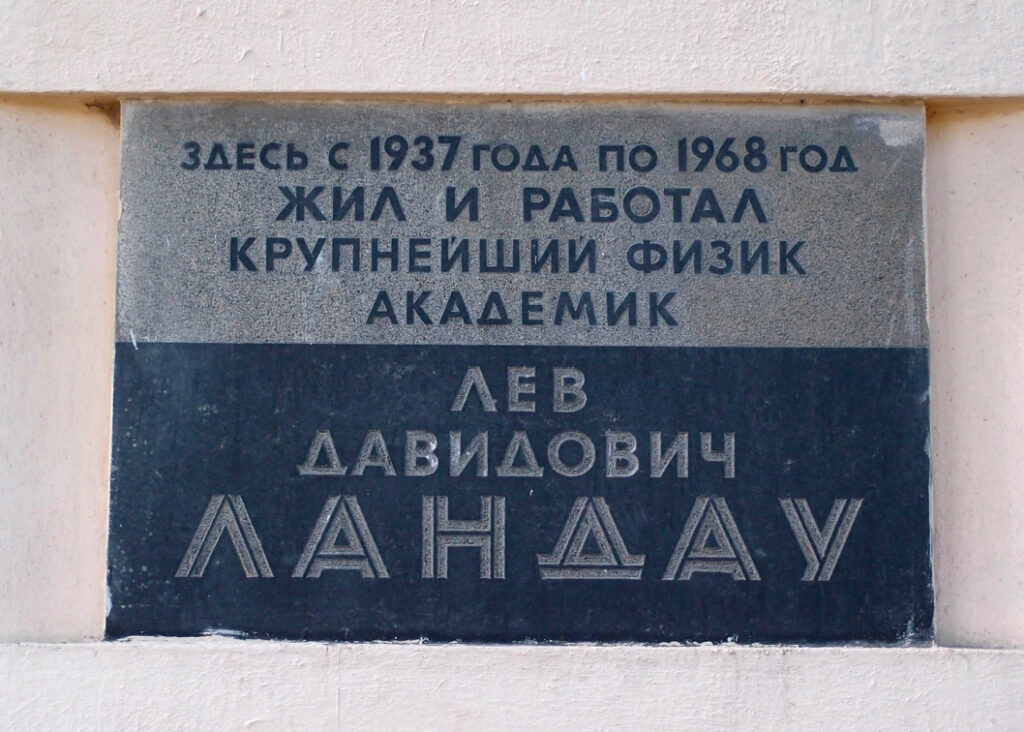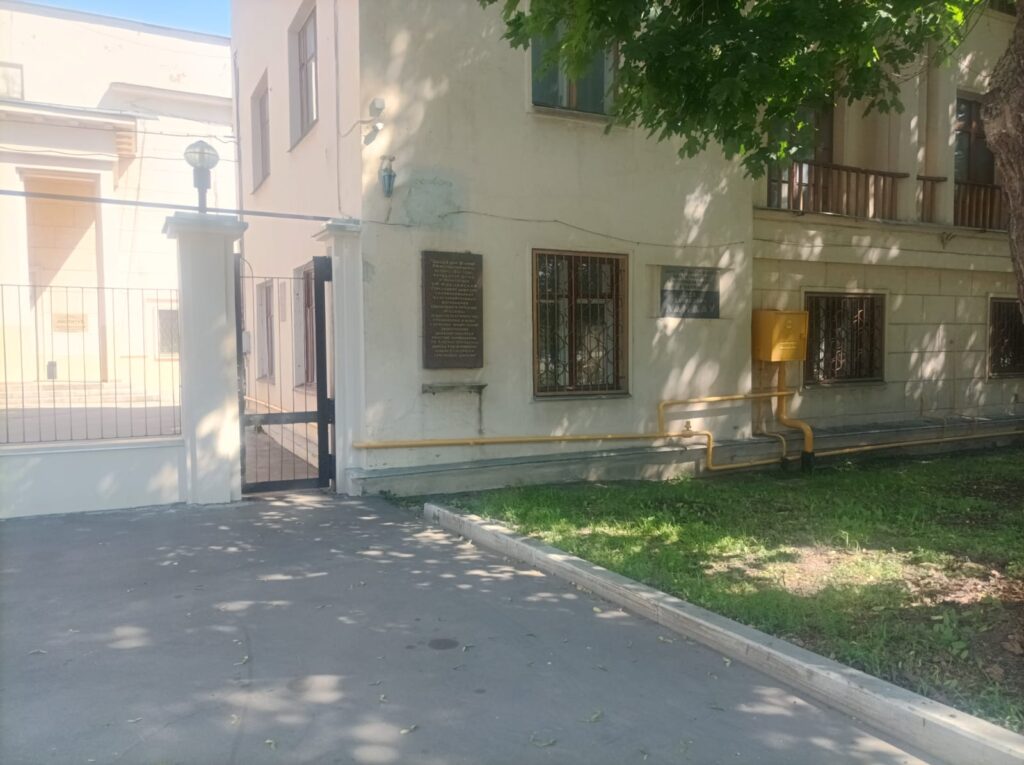Lev Davidovich
Landau
1908-1968

Lev Davidovich Landau was a Soviet theoretical physicist, the founder of the scientific school of theoretical physicists, Academician of the USSR Academy of Sciences. He was the winner of the Nobel Prize in Physics in 1962. He was the Hero of Socialist Labour. He was the initiator of the creation and co-author of the fundamental classical Course of theoretical physics, which has undergone multiple editions and published in 20 languages. At the age of 14, he entered the Faculty of Physics and Mathematics of Baku University. Landau continued his education in Leningrad. His first scientific work is devoted to the issues of quantum mechanics. Two years later, in the direction of the Leningrad Institute of Physics and Technology, Landau went abroad. At the University of Berlin, he met Albert Einstein. Upon completion of the internship, he was appointed as Head of the Theoretical Department of the Ukrainian Institute of Physics and Technology. Kharkov became the centre of theoretical physics in the USSR soon. In 1937, the scientist began working at the Moscow Institute of Physical Problems with Piotr Kapitsa. In 1938 Lev Davidovich Landau was arrested for anti-Soviet activities, he was in prison for a year. He was rehabilitated in 1990. The name of the scientist is associated with almost all branches of physics: nuclear physics, elementary particle physics, quantum mechanics, thermodynamics, kinetic theory of gases. In 1962 he was awarded the Nobel Prize for the development of the theory of superfluidity and superconductivity. Lev Davidovich deduced a universal formula of happiness, which included three main variables — work, love and communication. On January 7, 1962, Landau was involved in a car accident. He was in a coma for 2 months. Physicists all over the world took part in saving Landau’s life. As a result of these measures, Landau’s life was saved, but he could no longer work. A memorial plaque in memory of the great scientist is installed on the building of the Institute of Physical Problems of the Russian Academy of Sciences (architect – V.A. Orbachevsky).
Address: Moscow, Kosygina str., 2, p. 1

